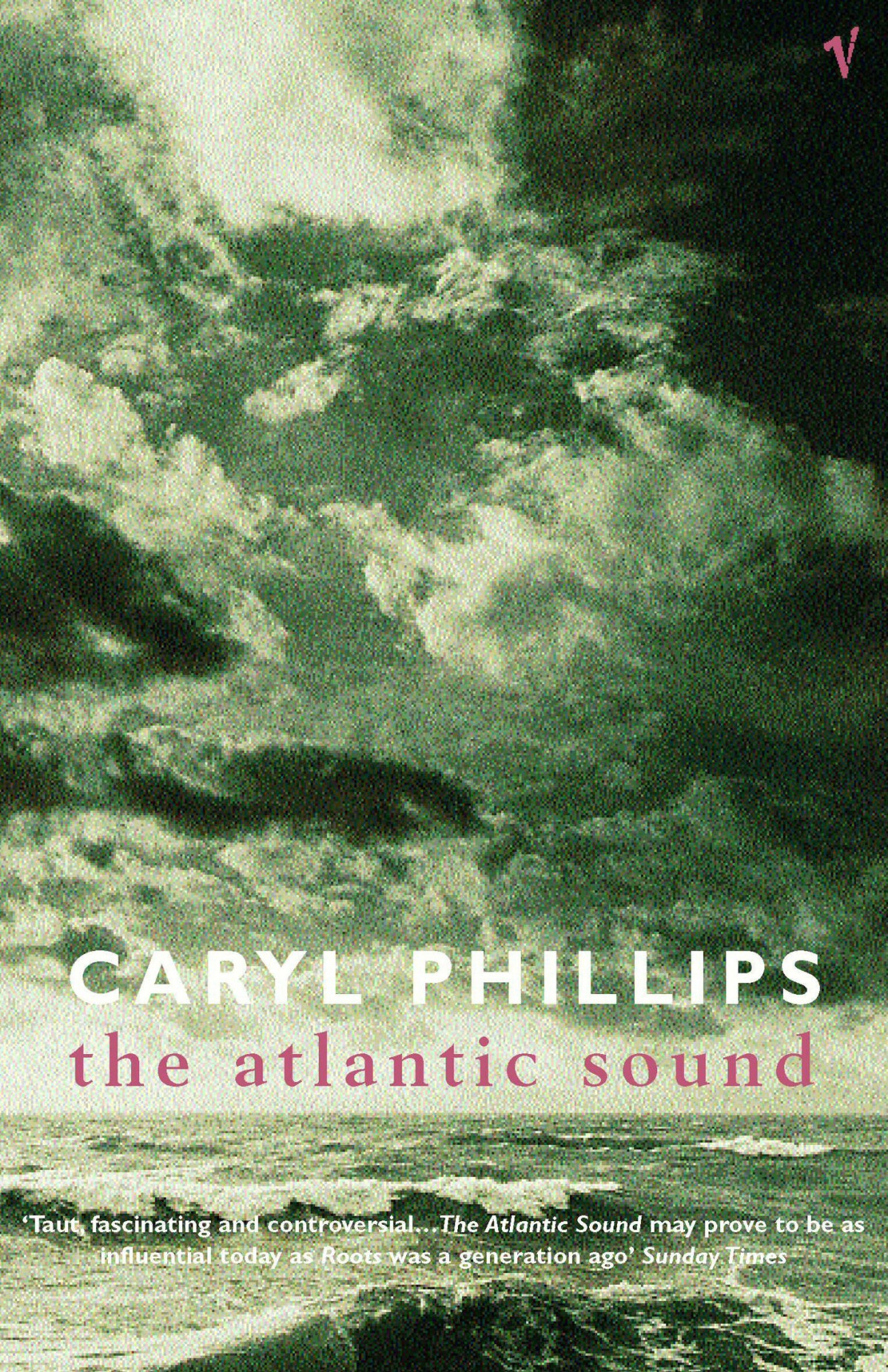

Most ebook files are in PDF format, so you can easily read them using various software such as Foxit Reader or directly on the Google Chrome browser.
Some ebook files are released by publishers in other formats such as .awz, .mobi, .epub, .fb2, etc. You may need to install specific software to read these formats on mobile/PC, such as Calibre.
Please read the tutorial at this link: https://ebookbell.com/faq
We offer FREE conversion to the popular formats you request; however, this may take some time. Therefore, right after payment, please email us, and we will try to provide the service as quickly as possible.
For some exceptional file formats or broken links (if any), please refrain from opening any disputes. Instead, email us first, and we will try to assist within a maximum of 6 hours.
EbookBell Team

4.4
42 reviewsIn this fascinating inquiry into the African Diaspora, Caryl Phillips embarks on a soul-wrenching journey to the three major ports of the transatlantic slave trade.
Juxtaposing stories of the past with his own present-day experiences, Phillips combines his remarkable skills as a travel essayist with an astute understanding of history. From an West African businessman's interactions with white Methodists in nineteenth-century Liverpool to an eighteenth-century African minister's complicity in the selling of slaves to a fearless white judge's crusade for racial justice in 1940s Charleston, South Carolina, Phillips reveals the global the impact of being uprooted from one's home through resonant, powerful narratives.
From the Trade Paperback edition.
**
Amazon.com ReviewCaryl Phillips has established himself as one of the supreme chroniclers of African dispossession and exile. In previous works such as The European Tribe and Crossing the River, he documents the ironies of post-colonial history. Phillips's latest book is perhaps best described as a "meditation," although it is also a fine and invigorating book. The subject of Phillips's broodings is that of displacement, diaspora, homelessness--all those things that ineluctably accompany any descendant of West African slaves. Phillips himself was born in St. Kitts, West Indies, in 1958, and so here he retraces the first transatlantic journey he made with his mother in the late 1950s, by banana boat from the Caribbean to the gray shores of the Mother Country. He visits three cities central to the slave trade: Liverpool, Elmina in Ghana, and Charleston. Finally in Israel, he finds a community of 2,000 African Americans who have lived in the Negev desert for 30 years. Wholly absorbing, always surprising, brilliantly observant, sensitive to human tragedy but never pessimistic, Phillips writes as beautifully as ever. "It is futile to walk into the face of history. As futile as trying to keep the dust from one's eyes in the desert." --Christopher Hart, Amazon.co.uk
Journeys, as forces of spiritual and cultural transformation, bind this trio of nonfiction narratives, which explores the legacy of slavery in each of the three major points of the transatlantic slave trade. Once again, Phillips demonstrates the great aptitude for characterization, and for evoking historical settings and evaluating the moral demands of history, that he has honed in his fiction (The Final Passage, etc.) and nonfiction (The European Tribe). In the opening narrative, John Emmanuel Ocfansey, the adopted son of a prominent African trader on the Gold Coast, travels to Liverpool, England, in 1881 to investigate the loss of a substantial amount of his father's money, clinging to his Christian faith as he enters the thicket of the British justice system and, clear-eyed, studies the ways of the English. Another powerful story of identity, culture and assimilation follows with Phillips's account of an African minister's dilemma in 18th-century Accra, in which the minister, afraid to speak out, turns a blind eye to the horrors of the slave trade around him. The concluding narrative, of Federal Judge J. Waties Waring's bold battle against Southern racism in South Carolina in 1950, emphasizes the stance of a man who is willing to risk everything for what he believes. Phillips strips away his own personal and cultural armor with meditations on race, traditional social rites, identity and nationalism, although his analysis occasionally eclipses the raw power of his material. While the last two narratives don't carry the impact of the first one, they all sparkle with keen intelligence, careful research and well-expressed truths. (Oct.)
Copyright 2000 Reed Business Information, Inc.